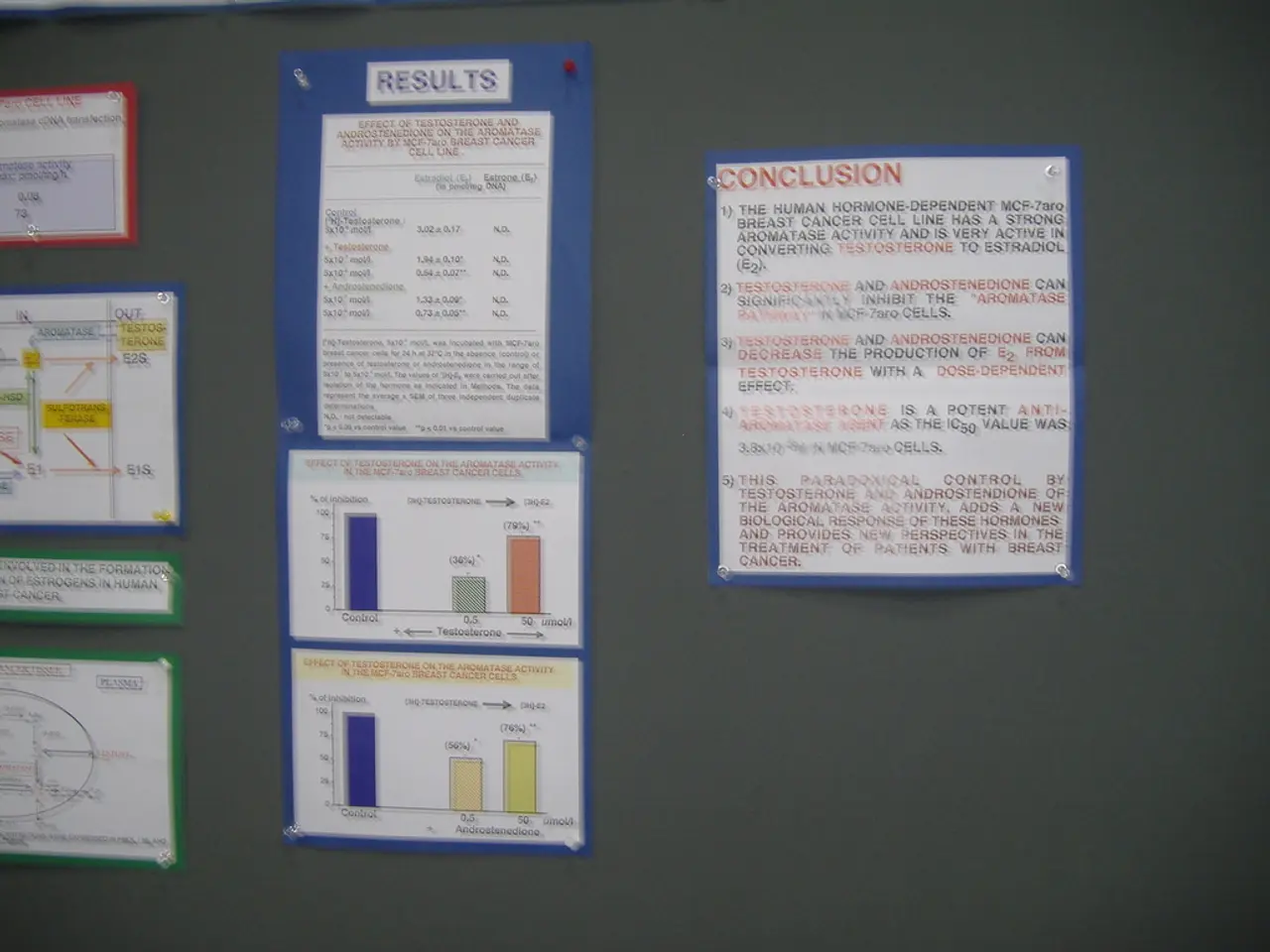Struggling Economy: German Businesses Need Stability Amidst Political Uncertainty
Business Lobby Advocates for Active Government Participation - Europe stands as a pacesetter in the realm of energy, leading globally in this sector.
Uncertainty reigns for Germany's economy following the first-round election debacle of Friedrich Merz as the Chancellor. The State Association of Entrepreneurs' Associations (LVU) Rhineland-Palatinate has voiced concerns, with LVU CEO Karsten Tacke stating to the German Press Agency in Mainz that this unstable political climate is harmful in a phase marked by lingering uncertainties.
"The failed chancellor election is a troubling sign for the economy," Tacke argued, emphasizing the immediate need for a functional government. Companies have long wrestled with sketchy business conditions and planning security, and this need has never been greater.
You might wonder about the failed election and its impact on Europe's largest economy. Analysts describe Merz’s position as weakened, with "two black eyes and shaky knees," casting doubts on his ability to implement necessary reforms suited for reviving the ebbing economy [1][2][4].
These reforms would tackle lingering issues such as high bureaucracy, limited skilled labor, lackluster investment, and policy paralysis. The failure to secure a majority on the first vote raises questions about the coalition’s capacity to deliver on promises like increasing defense and infrastructure spending, cutting corporate taxes, and fostering growth [1][3].
Forecasts predict zero growth for 2025, with only modest growth (around 1.1%) in 2026, signaling continued stagnation despite the new government. Businesses face uncertainty regarding crucial investments and infrastructure projects critical to economic dynamism [1][3].
Looking closer to home, business associations in Rhineland-Palatinate might face investment hesitancy, bureaucratic delays, high energy costs, and reduced confidence in the political direction. These circumstances could slow pro-growth projects, exacerbate operational challenges by delaying reforms, and complicate efforts to advance necessary policies supporting growth, digitalization, and skilled labor development [2][3].
In essence, the failed chancellor election seems poised to prolong the economic hardships and uncertainties of Germany. For business associations in Rhineland-Palatinate, this means delayed reforms, slowed investments and infrastructure projects, and continued operational challenges afoot in the region's economic landscape [1][2][3][4].
- The failed chancellor election in Germany could pose a significant challenge for the EC countries, particularly in terms of vocational training, as the uncertain political climate might hamper necessary and timely reforms aimed at addressing the lack of skilled labor.
- Amidst the ongoing political uncertainty, finance ministers in various EC countries may need to reassess and potentially reallocate their budgets to support businesses in Germany, given the potential impact of delayed reforms, slowed investments, and infrastructure projects on the overall economic stability.
- The policy-and-legislation landscape within Germany, under the weight of political instability, could influence business decisions and investment strategies in the general news domain, both domestically and internationally, as stakeholders grapple with the implications of prolonged economic uncertainties.




